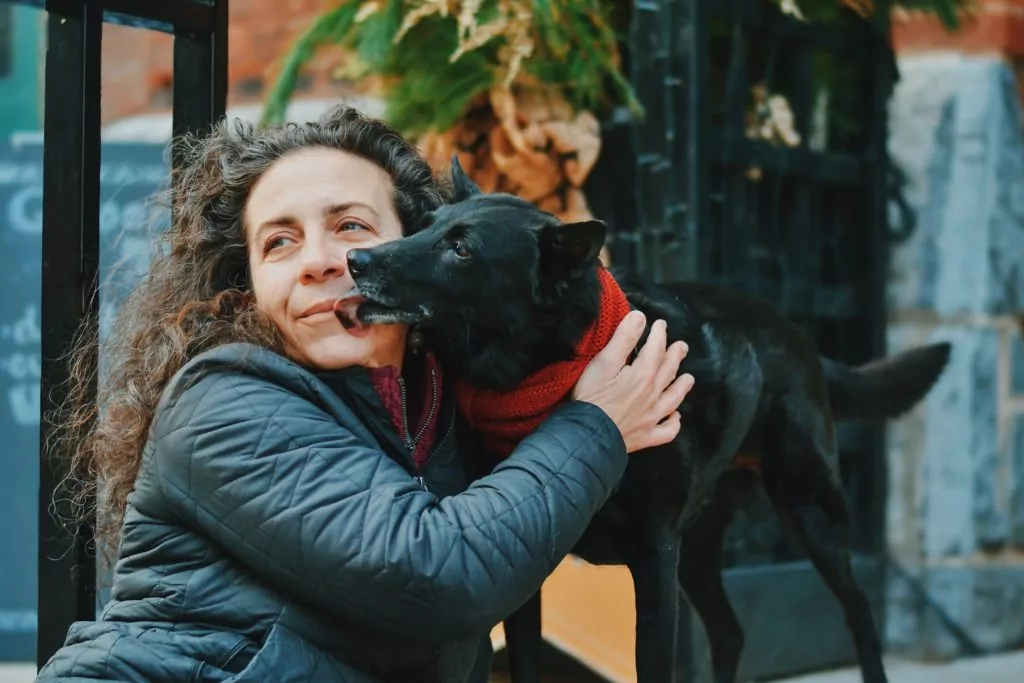
In this season’s reflection, I invite you to look a little differently at your dogs and the behavioral issues they might be exhibiting. Regardless of whether you’re dealing with food aggression, possession around toys, fear of strangers, leash reactivity, or sound sensitivity, move away from the idea that these issues are inherent in the dog. In other words, these behaviors are not necessarily a true reflection of the dog.
If this is a new way of thinking for you, I completely understand. Unfortunately, these notions are built into our very culture and language, in the words and expressions we use. Consider the following:
The dog IS anxious.
The dog HAS separation anxiety.
The dog IS fearful.
The dog HAS noise phobias.
The dog IS a resource-guarder.
In common talk surrounding behavioral issues, we tend to attribute these behaviors to the dog – its background, rescue status, breed, or personality. Because we see the symptom of the problem as the problem itself, we work on “behavior modification” – trying to change the behavior instead of working on its root cause.
It’s not that these aspects don’t matter but we typically overlook the dog’s way of life, and to our detriment. Unaware of just how much discretion we have over that way of life, we miss the opportunity to inspire real change in our dogs’ behavior. I know without a doubt that working on the behavior itself, without due consideration to way of life, isn’t going to fix things.
If you’re having issues of any kind, your dog is not showing you its true colors. It’s just not possible for dogs to be honest when they’re in a conflicted relationship with the most important people in their life. Any of these so-called behavioral issues, big or small, are how a dog is manifesting its best coping ability in dealing with the situation but it’s not who the dog is at its core.
Therefore, behavioral issues aren’t just behavioral issues but reflect issues with way of life and the relationship it produced. They are relational issues that manifest as visible behavioral problems; therefore, we need to go beyond behavior and behavior modification to address these issues.
While it can take a little time, my clients eventually see how their dogs reflect their relationships and their way of life with their humans. They discover that when it comes to nurturing sound dogs and strong bonds, it boils down to how we live with this dog. Dogs’ “real” training is forged in the myriad decisions we make on their behalf, each day and in each moment, so let’s examine our way of life first before we label the dog.